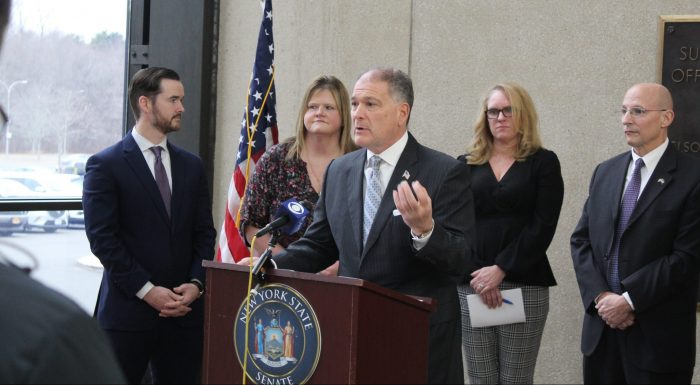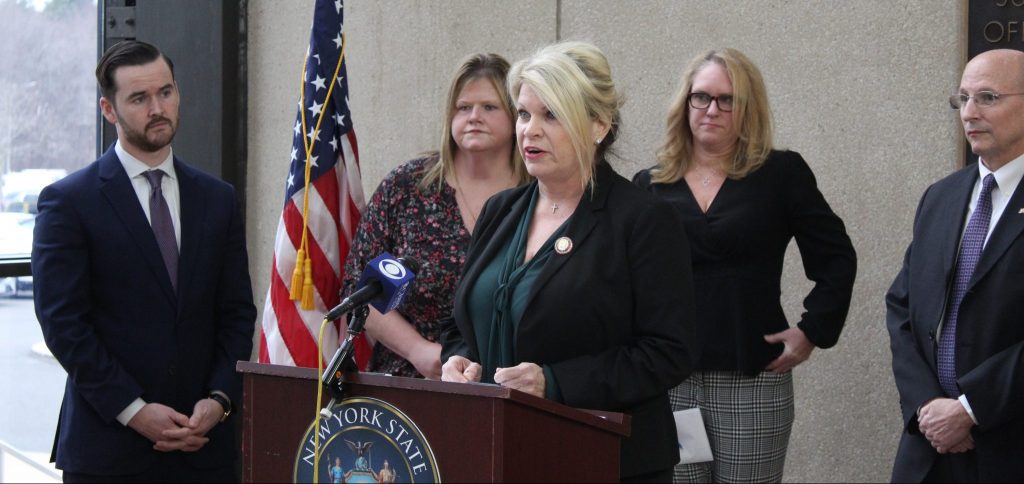By Nancy Marr
Our local governments have long supported child care programs, but the high cost of child care and the low incomes of many of the parents who rely on it have made it unsustainable. There is a growing plea for a universal child care system, where every child has access to high quality care.
Ideas about child care have changed dramatically through the years. For many years, women were expected to stay at home and care for their children. By the nineteenth century, many women found they had to work outside their homes to support their families. In 1935, Jane Addams at Hull House, seeing the pressure on widows and other low-income mothers to find outside work, advocated for widows’ and mothers’ pensions to make it possible for single mothers to care for their children at home, but many mothers still had to look for work.
President John F. Kennedy, speaking to the Intercity Child Care Conference in 1963, said he believed that “we must take further steps to encourage day care programs that will protect our children and provide them with a basis for a full life in later years. Day care programs can not only help women who decide to work outside the home but also serve as a developmental boon to children and help advance social and racial integration.”
Because of its current structure, the American child care system has been divided along class lines, making it difficult for parents to unite and lobby for improved services for all children. The New York State Conference on Child Care Availability, in its report in 2021, described its goal of a universal child care system fully funded to provide care and learning skills for all children. Kathy Hochul, when she was Lieutenant Governor, said to the Conference, “The conversation on child care is changing. No longer is it seen as a woman’s responsibility. It is an essential service for families and their employers.”
Today there is recognition that affordable and high-quality child care is not only vital for working families, it is also essential to the state’s economy; it needs sustained investment to make it a public good that serves all families.
Providing child care is expensive: the average cost of care in Suffolk is $13,000-$18,000 per year depending on the age of the child, with infant and toddler care being the most expensive. Government subsidies for low-income families are insufficient. Fewer than 10% of eligible parents are currently receiving subsidies in New York State. Staff salaries, typically $15/hour in Suffolk, are inadequate for workforce retention, causing high turnover and difficulty filling positions with qualified candidates.
According to Mary Cain, Executive Director for Stony Brook Child Care Services, Inc., “Hiring qualified early childhood teaching staff has always been very challenging especially after the pandemic. Now although New York State is investing in and supporting families in need of child care, SBCC has had to reduce enrollment, creating a longer wait time for families needing to enroll their children. In addition, we have had to reduce our operating hours, which also limits families’ access to much needed child care.
Jennifer Rojas, Executive Director of the Child Care Council of Suffolk, stated: “Child care is so important for working families, yet the child care system is in a crisis, making it harder to recruit and retain staff. Without a significant change in how we as a state and county support the child care system, it will continue to get harder for Suffolk County families to find appropriate child care. We need sustainable and meaningful investments that will make child care affordable for all families and ensure that the child care workforce is appropriately compensated and supported.”
Read more in the New York State Special Task Force report “Supporting Families, Employers & New York’s Future: An Action Plan for a Strong and Equitable Child Care System” at https://ocfs.ny.gov/reports/childcare/Child-Care-Availability-Task-Force-Report.pdf
Contact your NYS Senator and Assemblyman to thank them for their support for funding but let them know that more is needed to restore full staffing and deliver quality care.
Nancy Marr is Vice-President of the League of Women Voters of Suffolk County, a nonprofit nonpartisan organization that encourages the informed and active participation of citizens in government and influences public policy through education and advocacy. For more information, visit www.lwv-suffolkcounty.org or call 631-862-6860.







